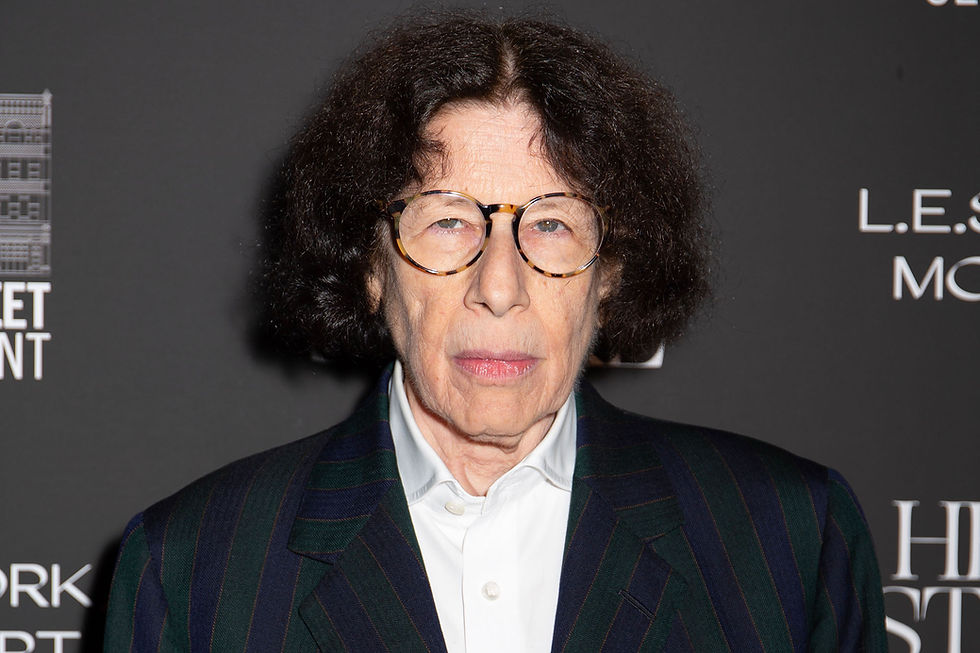Have you ever wondered?
- Minyan Team

- Feb 1, 2022
- 2 min read
By Melissa Raphael

Why does God have so many names in the Torah?
If God isn’t an object to which someone could assign a name, but is, as the Hebrew Bible affirms, being itself, why does God have, or need, a name – let alone the 70 names used for God in the Hebrew Bible, 90 more in the rabbinic literature, and more again in Kabbalah?
The reason God must have not just one name, but many names, is because God’s presence in the world is not abstract, but personal and relational. God acts in the manifold times and spaces of our history. God addresses us, is petitioned by us, loved by us.
The patriarchs and matriarchs would have known God by the Canaanite name El. Later divine names include Shalom (peace), Ha Kaddosh (the holy one), Ro’’eh Yisroel (shepherd) Lord of Hosts or Tzevaot (armies); El HaGibor (hero or strong one), Hamakom (the place) and so forth.
But perhaps the most important and familiar name became Adonai, the pronounceable form of the four Hebrew letters of God’s name, letters (JHWH), and which is found about 6,600 times in the Hebrew Bible. Like a lot of Jewish feminists, I find Adonai problematic in so far as the concept of lordship seems to ordain domination as part of the very fabric of the cosmos. ‘Adonai’ can, after all, also be used by slaves to masters, subjects to kings, wives to husbands. Similarly, aside from the Shekhinah (what came to be the only feminine divine name for the quasi-maternal care and protection of God’s indwelling presence) nowhere in classical Judaism is God called Queen and Mother in ways that would match those names of Father and King. Why, one might ask, would a maternal image offend against a Jewish theology that affirms love and life?
But I’m also convinced that the tradition ultimately countermands or transcends its own patriarchy. The most intriguing and powerful of the divine names are highly mysterious and elusive. For example, with the name Hashem (the Name), God both demands a name and denies that any one name can comprehend the divine. Or again, in manes like Ein Sof – the Infinite, Endless one, or Eyheh Asher Eyeh – I will be who I will be - God names God-self as unnameable. With such names God says I am not an idol: you have no power to summon or create me, or, indeed, destroy me (hence texts containing God’s name must be deposited in a genizah or synagogue archive, or buried in a cemetery).
Finally, it’s worth reflecting on how when we write the proper name G-D with a dash between the G and the D – we might be queering all the divine names. We might be signalling that there is still an empty space where celebration of the feminine and the non-binary divine are missing. We might also be suggesting the grief of human suffering has caused an abyssal fracture in God’s heart, and that just as, in the end, there is the pit, and in the beginning, the womb, all our theology comes from and to darkness and silence.




Comments